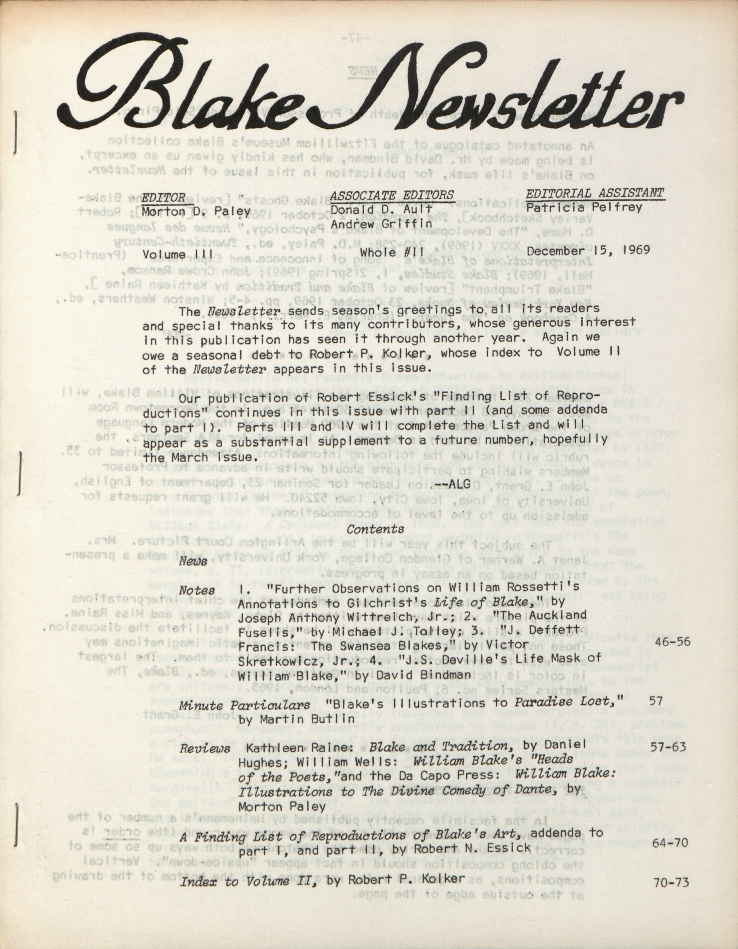

No man can think, write, or speak, says Blake in the second Natural Religion booklet, from his heart but he must intend truth. The most perfect truth is simply the dramatic expression of the most complete man. The German produces transcendental metaphysics, the Englishman positive science, not because either one has discovered the true method of research, but because they express their racial moods or affections. The systems of philosophy and dogmas of religion are to the mystic of the Blakean school merely symbolic expressions of racial moods or emotions - the essences of truth - seeking to express themselves in terms of racial memory and experience - the highest degree cloaking itself, as it were, in the second. These two degrees are the most important, and much of Blakes system is but the history of their opposing lives differing from and yet completing one another, as love does wisdom - will, understanding - substance, form. This absolute difference may be described as the first postulate of all mystics. [The following quoted by Kathleen Raine in Yeats the Initiate (1986)Īll such solutions according to him, arise from the belief that natural and spiritual things do not differ in kind for if they do so differ, no mere analysis of nature as it exists outside our minds can solve the problem of mental life. It was a solution of problems and a restraint of conduct: when only a restraint it was deadening, when only a solution it was p.) Natural Religion was two-fold to Blake. These impressions may, indeed, be used in poetry and prophesy as a key to unlock religious truths, but correspondence, as Swedenborg called the symbolic relation of outer to inner, is itself no product of nature or natural reasons, beginning as it does with a perception of a something different from natural things with which they are to be compared. By Natural Religion he understood attempts to build up a religious or spiritual life from any adjustment or ratio of the impressions derived from the five senses. Blake has discussed the first portion of his problem in many places, but particularly in two tractates called There is no Natural Religion. Do they find anything in their obscure oracles that cannot be known from the much more intelligible dialectics and experiments of modern science and modern philosophy? To answer this question it is necessary to analyze the method whereby the mystic seeks for truth, and to inquire what the truth is he seeks for. The Hindu, in the sculptured caverns of Elephanta the gipsy, in the markings of the sea shell he carries to bring him good fortune the Rosicrucian student in the geometric symbols of medieval magic, the true reader of Blake in the entangled histories of Urizen and his children, alike discover a profound answer to the riddle of the world.

Yeats, ed., Poetry of William Blake (1910) Yeats & Ellis, ed., The Works of William Blake, 3 vols. Yeatss Editions of the Poetry of William Blake Yeats’s Editions of the Poetry of William Blake


 0 kommentar(er)
0 kommentar(er)
